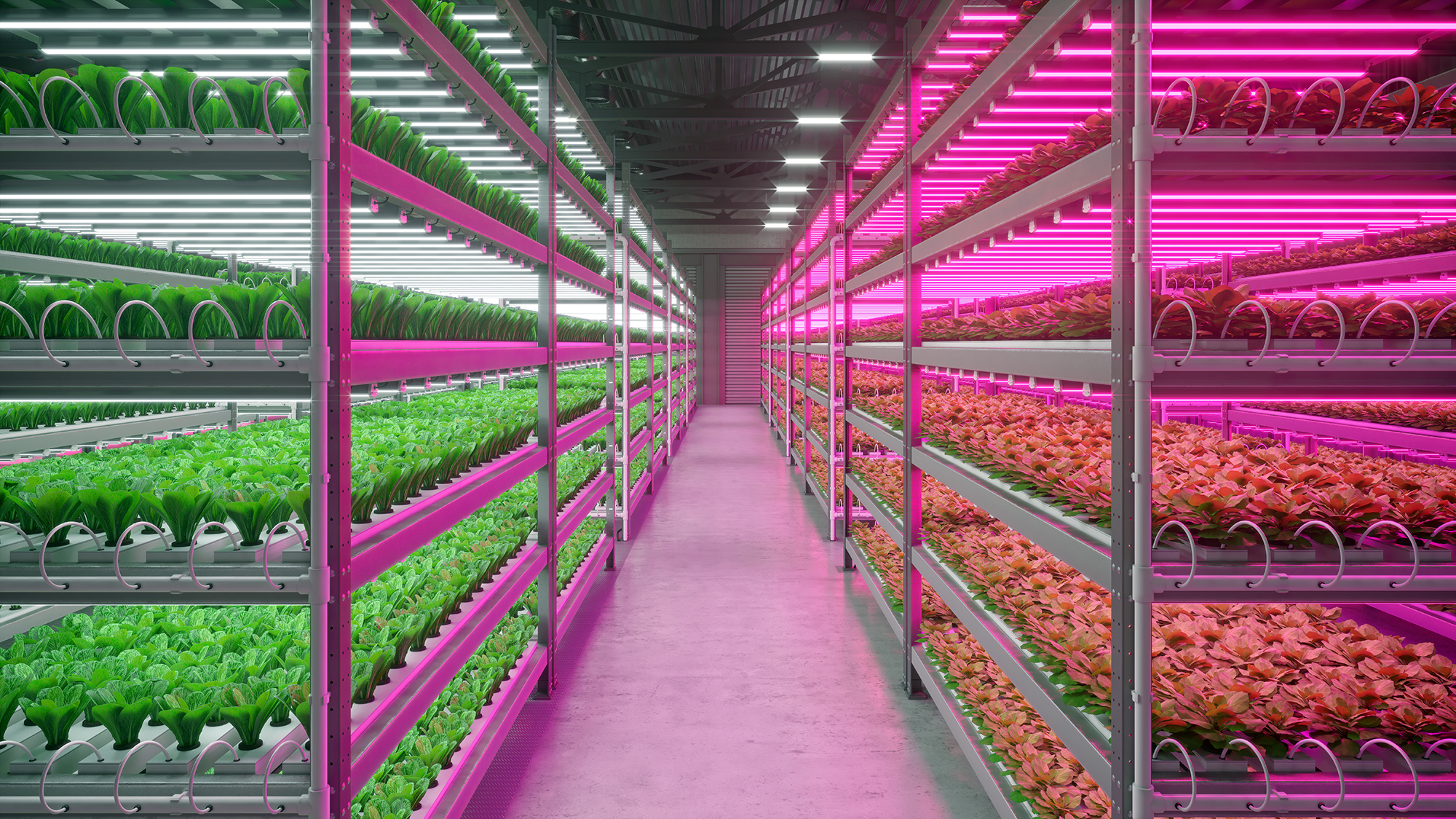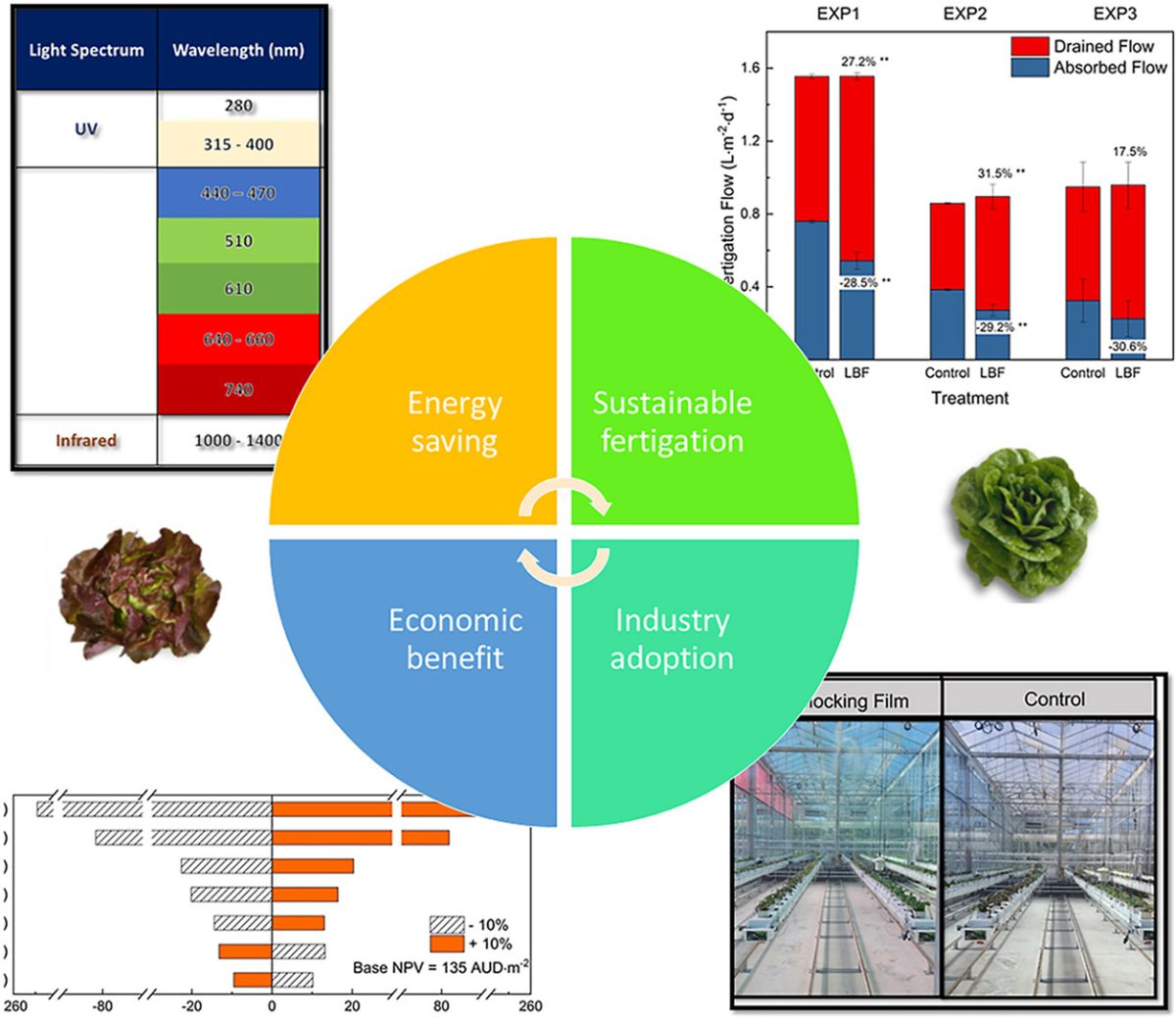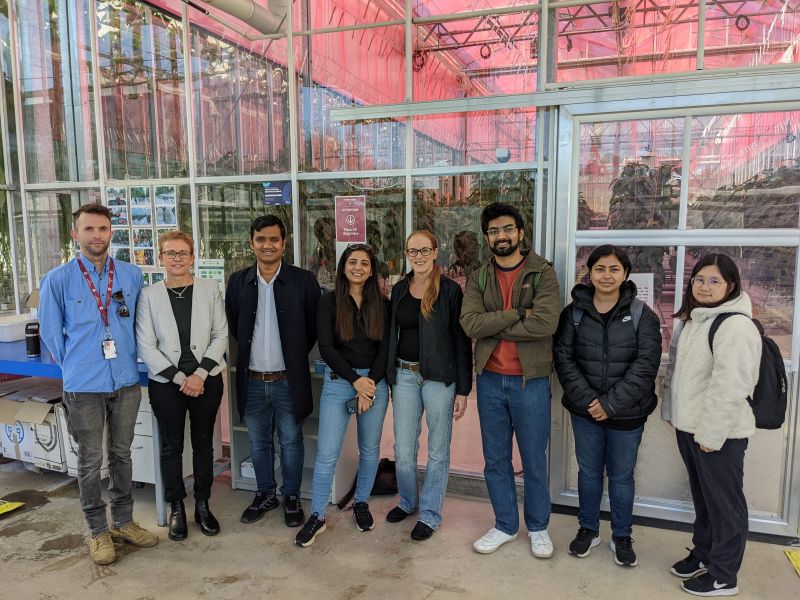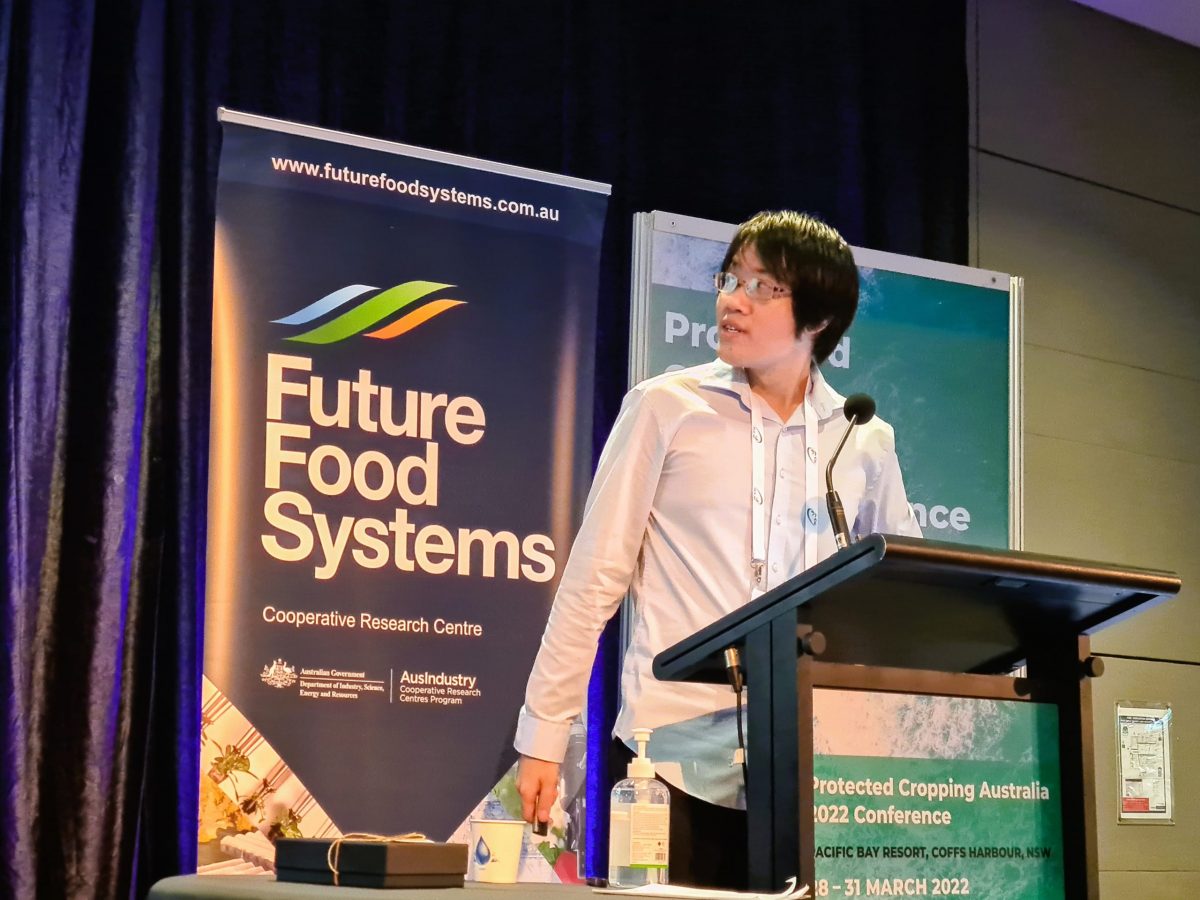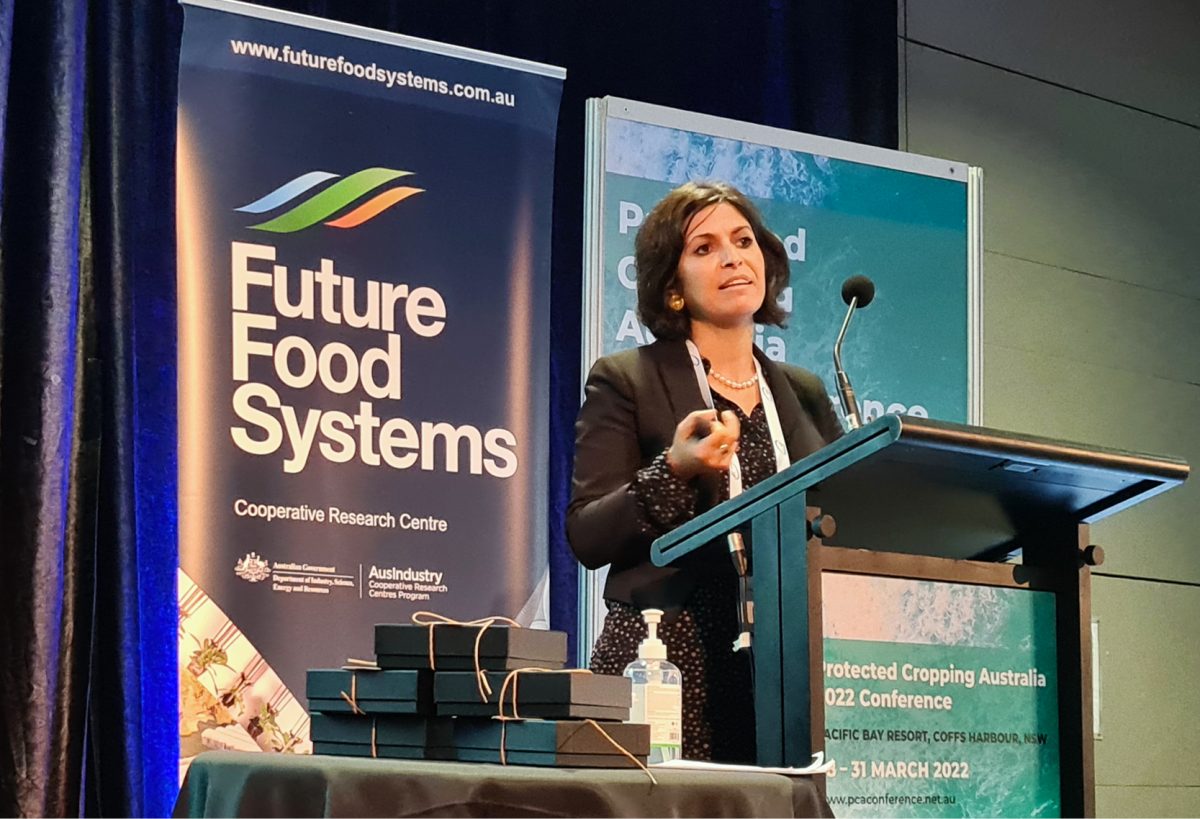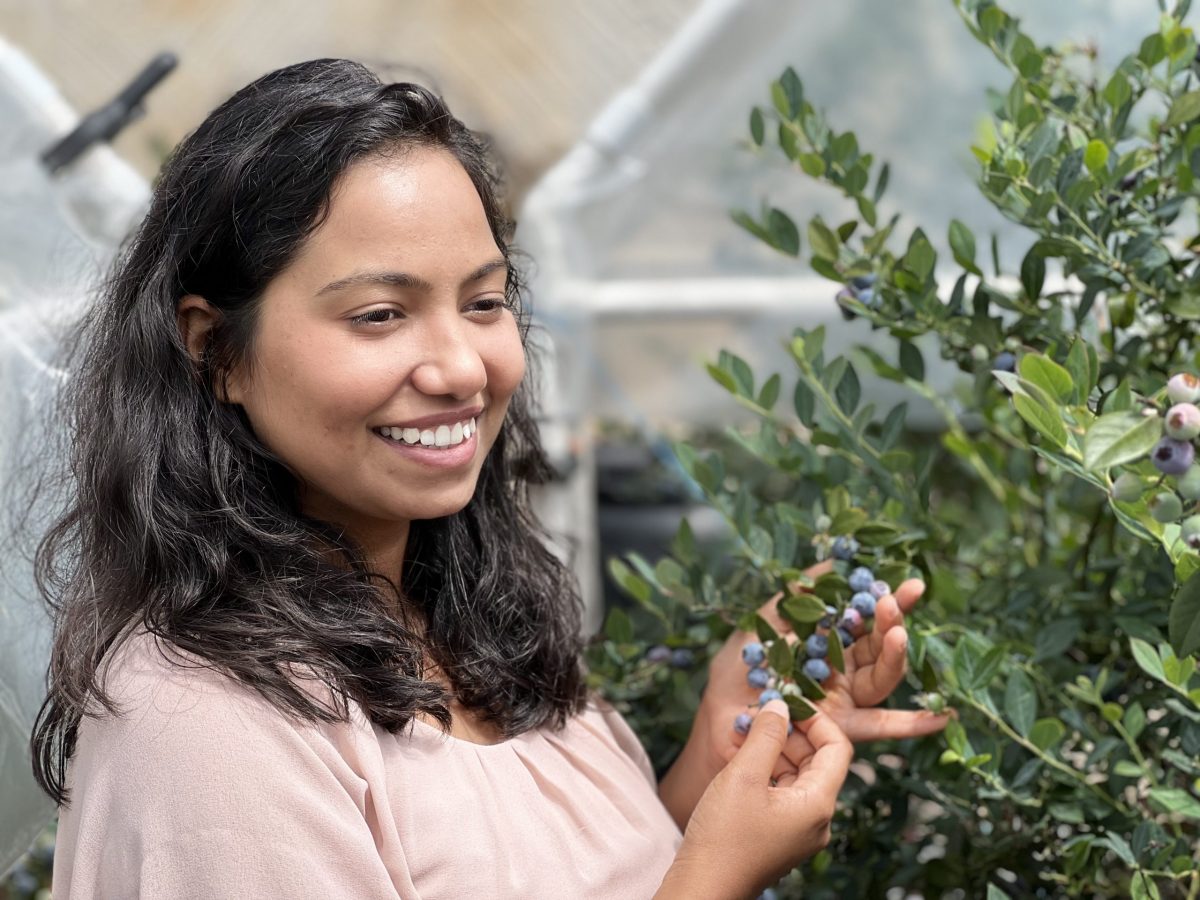Challenge While greenhouses are critical to enhancing global food security, their high energy demands for cooling limit the adoption of protected cropping (PC) systems in warm climates like Australia. There is a pressing need to develop and validate sustainable cooling technologies that reduce energy use without compromising crop yield or quality.
Solution This PhD project investigates crop-technology-climate interactions by evaluating the long-term performance of various cooling systems and greenhouse designs in warm conditions. It includes crop trials using smart glass to assess energy savings and crop response. Post-harvest, phenological, and physiological analyses will inform which cooling strategies best support crop quality and growth, while minimising energy input. The findings will contribute to the development and experimental validation of a greenhouse energy and mass-transfer model, tailored to the Australian climate and different greenhouse configurations.
Impact This research will provide a science-backed basis for climate-appropriate greenhouse design, enabling wider adoption of energy-efficient PC systems in hot regions. By identifying optimal combinations of crop types, technologies, and climates, it supports the creation of low-energy, high-performance greenhouse systems that enhance food security and sustainability in Australia and beyond.


